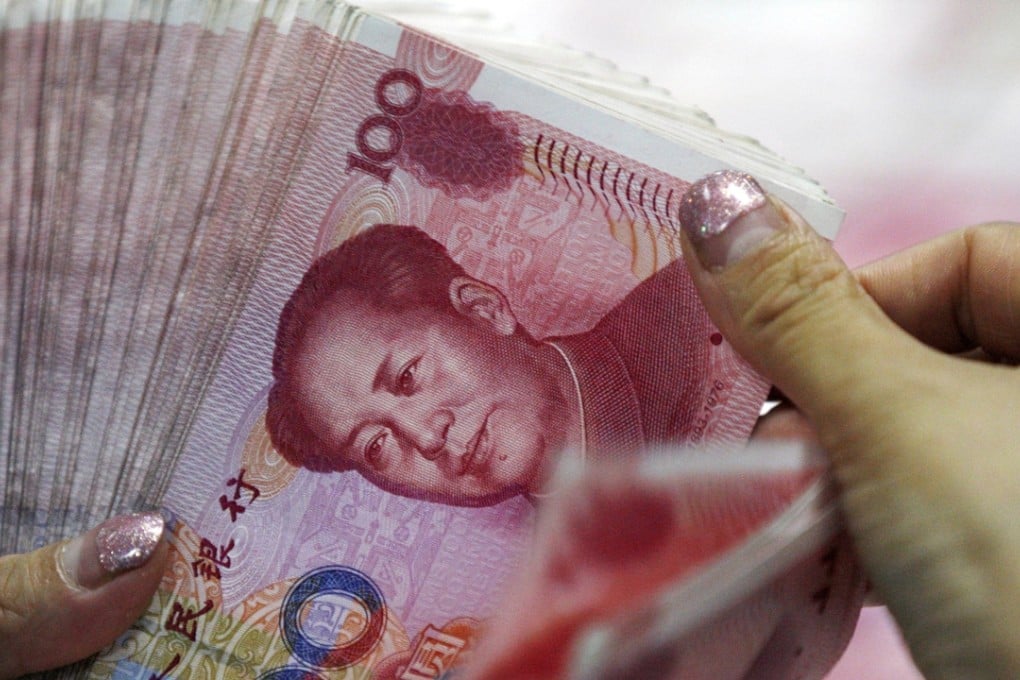Macroscope | Yuan internationalisation would rewrite global monetary order
The next step involves developing non-trade demand for the currency

The most important mechanism behind the expansion of offshore yuan-denominated assets has been the ability of mainland Chinese importers and exporters to settle their foreign transactions in the currency, with non-trade demand yet to be fully developed.
In other words, yuan internationalisation remains a function of foreign trade; offshore yuan financial transactions are only a derivative of it at this stage.
As the mainland’s non-trade capital flows are still largely blocked, a current account surplus will only shrink the offshore yuan pool because if all current account transactions were settled in the currency, a surplus means more yuan would flow back to the mainland than would flow out. So what should Beijing do?
The next step involves developing non-trade demand for yuan. This includes capturing the demand from the official sector as one of its reserve currencies and from the foreign private sector both as a form of foreign currency savings and as an investment currency in an international portfolio.
Speculation on yuan depreciation was the major reason for investors abandoning it
This demand for yuan is closely related to the availability of a deep and mature mainland capital market, with mainland financial products and hedging tools made available to foreign players. But such development remains slow due to the deep-rooted structural and institutional reforms needed to facilitate it. It could be argued that most of the offshore non-trade demand for yuan remains speculative. This can be seen in the behaviour of yuan deposits in Hong Kong.
The share of yuan deposits in the Hong Kong banking system is still only around 12 per cent. Evidence shows that the sharp rise between 2009 and 2011 came mainly at the expense of a fall in the share of other foreign currency deposits, as investors speculated on yuan appreciation. There was no long-term demand for yuan by switching out of the Hong Kong dollar.
